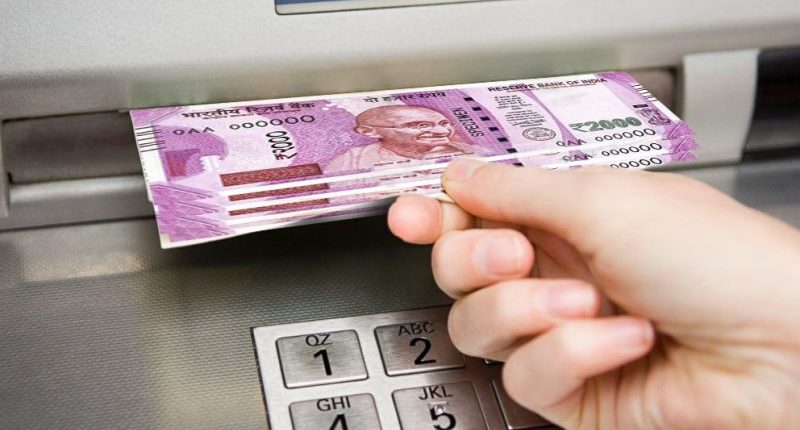A millennial is a person who is born between 1981 and 1996. In 2019, that would be someone between the ages of 23 and 38. As per a report released in December 2019 by Morgan Stanley, an investment banker, this age group constitutes 46% of India’s workforce and contribute around 70% of the household income.
However, Vinita Jain of Pay It Forward, an initiative that educates youngsters about personal finance and debt management, says that millennials spend a huge part of their income on unwanted items and this often leaves them broke by the end of the month.
This brings us to the questions – Is financial planning an alien concept to an average Indian millennial? Is the scenario really this bad?
The answer to both the questions is ‘yes’. But, it is not that simple. According to the World Health Organisation, well-being is “a state of complete physical, mental and social well-being and not merely the absence of a disease or infirmity’. Earlier, the world we lived in was a simpler one, and mental issues only meant acute and life-threatening diseases. Cut to today’s world, the health problems most young adults face are chronic illnesses. Keeping WHO’s definition in mind, maintaining good health while holding a full-time job in a metropolitan city can be a Sisyphean task.
Although poor mental health conditions cannot be a cause for poor financial health or vice-versa, multiple studies show the link between the two. Debts are generally a mixture of unpaid utility bills as one may miss due dates and credit card bills because of impulsive shopping.
When asked about financial stress, Saptarshi Ghosh, 30, a corporate employee said, “On certain months when my spends go beyond my usual expense pattern, I face stress. I guess that’s what happens to most of us. It feels like it might get tough to pull through. Even the basic purchases seem expensive.”
Also Read: How to save tax on up to Rs 17,000 on savings account interest
In another interview, Romie Brahma, 31, a sound designer and musician said, “One of the major constituents of stress in my profession is the fact that the money I make every month is continually variable. Sometimes, the income is good enough for me to pull through the month and sometimes it just isn’t. It took me a long time to figure out how to organise my expenses because of the monthly instalments I have to take care of and the additional purchases of gear I need.”
According to HSBC’s Future of Retirement survey, 60% of the millennials in the country believe that they are facing the consequences of the global financial crisis that began in 2008 and the rising national debt. Also, 65% feel that they will not have enough money for retirement. Paying student loans, saving for retirement, and low pay package are some of the factors leading to financial stress.
How are Millennials Tackling the Situation?
As per the same survey, 68% of the respondents are planning to cut back on expenses to save for the future, while 13% have not started saving yet. Millennials are more open to taking investment risks. Hence, most of them are ready to invest in instruments such as mutual funds, provident funds, and stocks.
“Financial stress isn’t that difficult to handle provided, I follow certain rules. I mostly cook at home and avoid ordering. I bring down random weekend plans at restaurants. I prefer watching movies at home on my streaming platforms instead of going for a new movie at a theatre,” Saptarshi added.
Romie also added that he keeps a close check on all his expenses. He saves whatever extra he makes in a month and keeps it for the times when he doesn’t make enough.
On the other hand, young people are also seeking help from professionals by taking therapy. However, the catch-22 is that regular therapy is expensive, and one must have a full-time job to afford the sessions.
In an interview with Livemint, Paras Sharma, a counsellor and the founder of The Alternative Story said that India has a shortage of mental health psychologists, which means that people who require regular sessions have to opt for private professionals. The average cost of a counselling session in the country starts from a minimum of Rs 1,500 per hour to a maximum of Rs 4,000 an hour.
Working individuals are also using technology to look for retirement planning options. 41% of the youth are keeping their money in savings accounts, while some are seeking guidance from online advisors. Most millennials are using retirement planning apps and online calculators and receiving robotic financial advice.
For any clarifications/feedback on the topic, please contact the writer at sujaini.biswas@cleartax.in

An Editor by day and a sloth by night…I would love to eat and sleep throughout the day if given a chance…I enjoy reading and love my job and my team at ClearTax.





